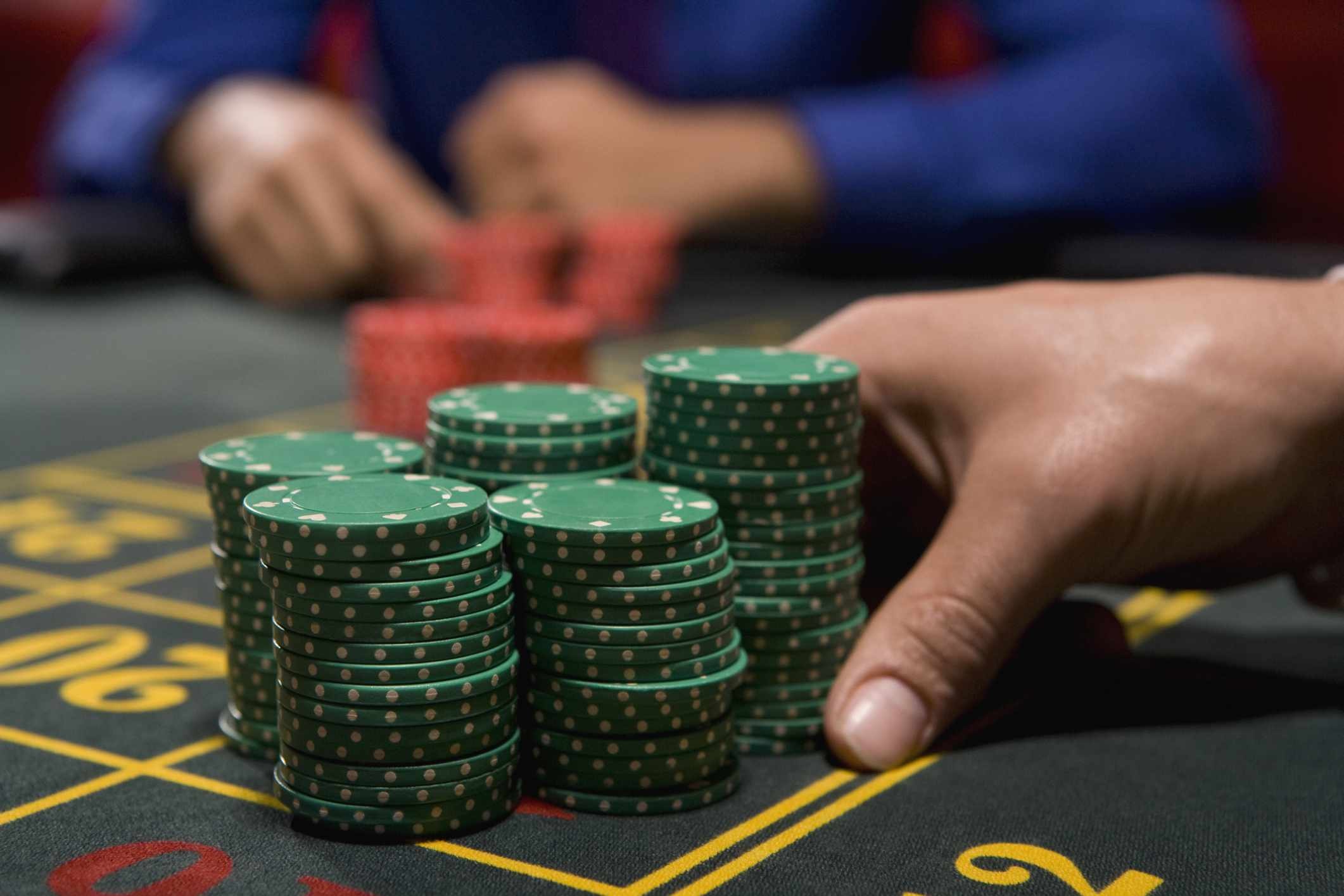The biggest factor leading to gambling addiction is the easy and constant access that online gambling provides. This limited how often a person could gamble due to time, location, and money constraints. This convenience leads many to gamble more frequently than they would in person. Gambling in spurts multiple times a day rather than one long session is a red flag.
Increased bet amounts and chasing losses
As gambling becomes a more regular activity, many find themselves increasing bet amounts over time. It is often tied to the practice of “chasing losses”, meaning recouping lost money by continuing to bet. If someone finds they are steadily raising bet amounts, spending more afford, and frantically trying to win back losses, their gambling may be spiraling out of control. Chasing losses almost always leads to more losses, as desperation and emotion logical decision-making.
Preoccupation and irritability
Gambling addiction takes over the reward and pleasure centers in the brain. People obsessed with gambling may constantly think about it and talk about it. They may find themselves planning the next gambling session or constantly checking betting accounts and stats. Irritability when unable to gamble is also a strong indicator of addiction. A recreational gambler takes it or leaves it, while an addict becomes agitated and moody when forced to cut back or stop.
Lying to friends and family
People into W88 ทางเข้า gambling addiction will often hide or downplay the extent of their behavior to loved ones. Common lies include claiming to gamble less often or spend less money than they do. Addicts may say they are going out with friends when they plan on gambling or buying things with “extra cash” rather than bill money. Lying about wins and losses is also habitual, as is borrowing money without admitting what it is for.
Neglecting responsibilities
As gambling takes over someone’s mind and time, responsibilities like work, school, and family often get neglected. Addicts may call out of work frequently to gamble or show up late and distracted. Grades and performance usually decline for students with gambling addictions. They may skip classes or be unable to concentrate during lectures and exams. Families also suffer as the addict spends less time with them, misses events, and becomes emotionally withdrawn. People may miss bill payments, get behind on taxes, and borrow money from multiple sources. Many addicts open new credit cards, get payday loans, or sell possessions as a means of financing gambling. Unpaid debts, overdue bills, secret loans, and money borrowed from friends and family to stay afloat are all warning signs.
Illegal activity
In desperate attempts to fund their addiction, some gamblers turn to illegal activity. It includes writing bad checks, embezzling money, stealing and pawning items, or even identity theft and fraud. Any sudden unexplained income or major gaps in incoming money should raise red flags, as should any charges of theft, fraud, or bad checks.
For some, the shame, guilt, and desperation of gambling addiction lead to thoughts of self-harm or even suicide. Making statements about being better off dead, feeling hopeless, or believing the situation improves are all warning signs not to be dismissed. It is important to address any talk of suicide or suicidal behavior immediately with professional mental health assistance.

